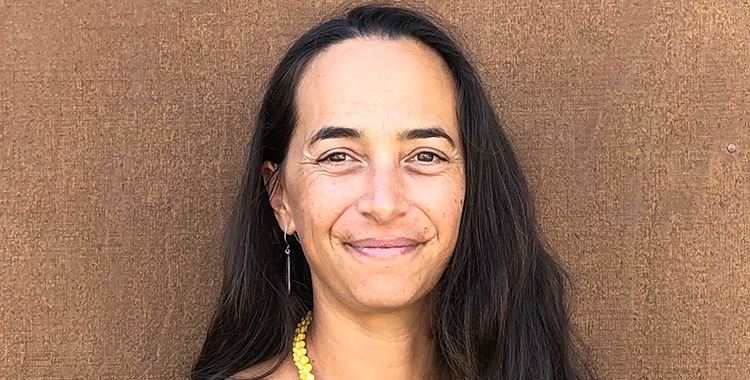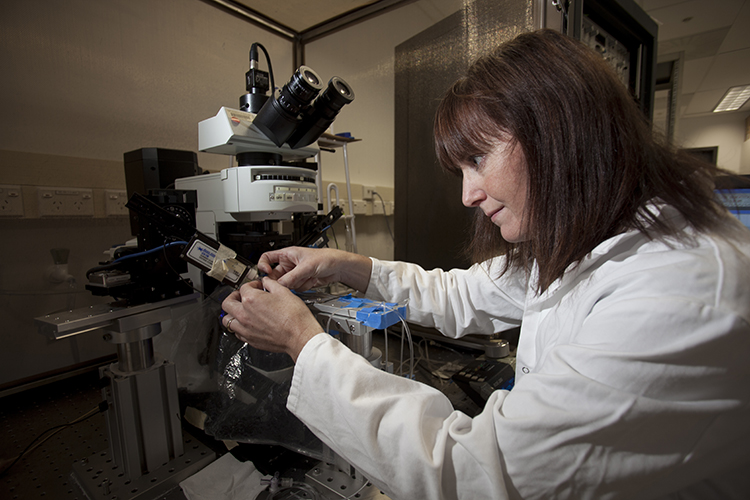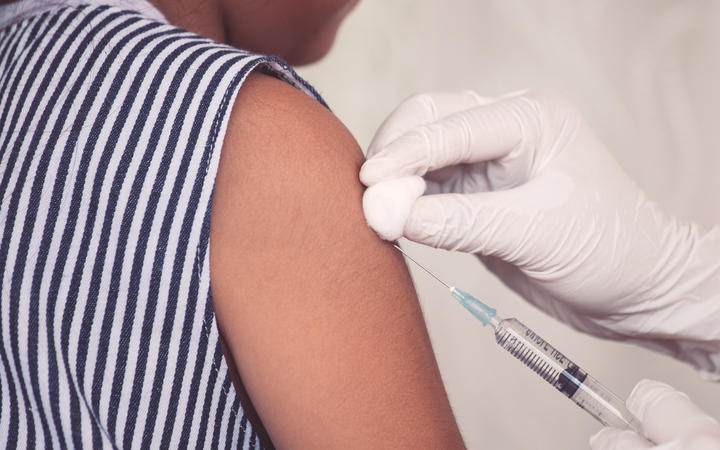The Medical Council of New Zealand, in partnership with Te Ohu Rata O Aotearoa (Te ORA), has released an independent research report outlining findings on the current state of cultural safety and health equity delivered by doctors in Aotearoa New Zealand.
The report, based on the experiences of Māori patients, was released today alongside a range of recommendations from Dr Curtis Walker, Chair of the Medical Council and Deputy Chair of Te ORA, and Professor David Tipene-Leach, Chair of Te ORA.
Dr Walker says the report forms the baseline from which a wider evaluation will be undertaken over time, but clearly indicates the variable experiences of Māori patients and whānau and the significant barriers to overcome in order to achieve health equity.
“While this report offers an insight into current practice that we can learn from, it is only the first step on this long journey,” Dr Walker says.
“We know there is much work to do to address big issues such the privilege Pākehā receive in their healthcare and the under-privilege of Māori, accessibility of services, the importance of wairuatanga in health care, and empowerment of Māori to make decisions about their own health.”
Professor Tipene-Leach says improving equity of health outcomes in Aotearoa requires first that we acknowledge that racism exists and that current inequities are not acceptable.
“Colonisation and systemic racism has had a significant effect on health outcomes and we need to understand that inequity is deep-seated in our society, it is complex and it can impact on patient engagement in their health care and the choices they make,” Professor Tipene-Leach says.
The report also outlines the effect of ‘cultural loading’ on Māori doctors – the often unrecognised additional cultural demands placed on them on top of their day to day clinical work – on the responsibilities they hold for their own whānau, hapū or iwi or advisory roles in the wider community.
Dr Walker says the Medical Council is working on ways to offer greater support for Māori doctors during training and to keep them in practice. Council is also an advocate for our medical workforce to reflect our communities.
“We need to make sure we are working in true partnership with Māori, to be bold enough to make large scale change and work together to aim for a just society that is equitable and fair, and leads to better health outcomes for our people,” Dr Walker says.
The report and recommendations are available on the New Zealand Medical Council’s website.















 India
India United States of America
United States of America New Zealand
New Zealand